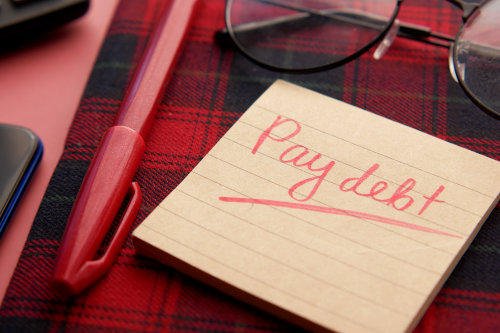So far, 2022 has been a tricky year for many smaller businesses and individuals who have debts they need to manage.

photo credit: Toufiqu Barbhuiya / Pexels
For one thing, borrowing has become more expensive. In August, the Bank of England declared a further rise in the base lending rate, something that means all lenders have gone on to adjust their charges unless there is a pre-existing fixed-rate deal in place.
Secondly, inflation is hitting many households and enterprises. The rising cost of fuel, in particular, has meant that distributing goods and even getting to and from work has cost more in 2022 than it has ever done before. Importantly, it is probable that inflation – or the cost of living crisis – is going to be around for some time.
With higher than usual repayments against personal loans, business credit cards and mortgages – among other forms of borrowing – now is the right time to get on top of your indebtedness. What should you be doing?
Prioritise Expensive Debt
Not all borrowing costs are the same. Mortgage debt is typically less than the personal debt of credit card bills, for example. Make sure you pay off the borrowing that costs you the most in interest charges first.
Pay back all of your creditors, of course, but try to get the most costly debts dealt with first unless there are penalties you’ll have to pay to settle before the term of the loan ends.
Limit Needless Expenditure
Good budgeting is the key to debt management for many people and businesses. If you stop buying things you don’t need, then you can deal with debt more effectively. Go through all of your monthly subscriptions and ditch any that you barely make use of. Set aside a budget for essentials – rent, groceries, energy and so on – and stick to it. Everything else should go towards debt repayments.
It isn’t glamorous but neither is spiralling debt you’ll never pay off.
Consolidate Debt
One of the problems that both small companies and individuals suffer from is when they don’t know when to pay a debt to a particular creditor. If you have utility bills debt, credit card indebtedness, mortgage payments and other forms of personal loans to repay at different times of the month, then organising your budget can be impossible. This is why consolidating your debt into one monthly bill that is split up according to each of your debts can be so useful.
Consult a professional in financial advice because this approach doesn’t suit everyone.
Consider Debt Relief
Some people will benefit from a debt relief order, or DRO. These are issued by the courts and serve as a kind of bankruptcy order, only one that is for a person and not a business. According to Salient Insolvency, a firm of professional insolvency practitioners, some people worry that a DRO will still mean they face calls from creditors even after one has been issued. This is one reason why it is important to explore them fully beforehand and to include all of your debts, not just the most pressing ones you face today.
If you run a business, then a DRO won’t necessarily deal with business debt so look into other options, such as a creditors’ voluntary arrangement, or CVA.


